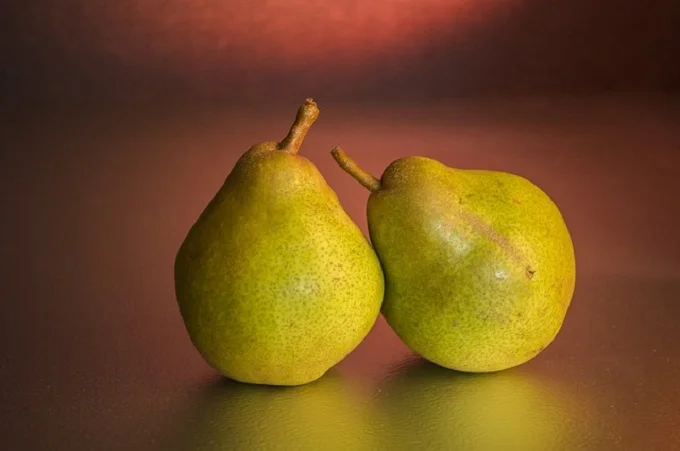A good breakfast may provide us energy and happiness for the rest of the day. However, some foods might be difficult to digest if consumed on an empty stomach. Then, in addition, we experience various feelings, including heartburn, stomach heaviness, and gas production. It is advised not to consume some foods on an empty stomach to prevent problems.
10 foods and drinks you should not eat on an empty stomach
1. Citrus and fresh juices

Contrary to common perception, having a glass of fresh juice first thing in the morning is not advisable. This may burden the pancreas, which is still waking up after a long sleep period. It just isn’t capable of producing the right amount of insulin.
Citrus fruits aren’t for everyone, mainly when consumed on an empty stomach. High acid fruits such as oranges, lemons, limes, and grapefruits should be avoided by those with diabetes or sensitive stomachs. Heartburn, acid reflux, and other stomach problems may be caused or worsened by these foods.
2. Coffee
It is fairly common to begin the day with a cup of coffee. Although it seems to be a simple method to wake up, drinking coffee on an empty stomach may cause acidity and heartburn, mainly if you drink too much. Moreover, it might worsen the symptoms of gastritis and ulcers and cause acid reflux.
There are morning drinks that may help you wake up, by the way. They’ll be a good substitute for a cup of coffee.
To get the latest stories, install our app here
3. Bananas
Bananas, which are completely safe on their own, lose their nutritional value when consumed on an empty stomach. This fruit’s high magnesium and potassium contents may upset the body’s magnesium and potassium equilibrium, harming the cardiovascular system. The vitamins in a banana will be absorbed much better if you eat it after your main meal.
4. Spicy food
Spicy food eaten on an empty stomach may induce heartburn and stomach discomfort, and digestive problems.
Onions and garlic are in the same boat. Allicin, a chemical that irritates the stomach mucosa, is abundant in the latter. But don’t give up spicy food completely; there are various reasons to like it if you don’t eat it on an empty stomach.
To get the latest stories, install our app here
5. Yogurt
Yogurt is high in lactic acid, which helps build strong bones and promotes the growth of healthy bacteria. Stomach acid levels are high on an empty stomach. When you eat yogurt at this time, the lactic acid in the yogurt becomes useless, and you can have some bad acid reflux.
6. Tomatoes
Tomatoes are abundant in a range of vitamins and minerals, including tannic acid and vitamin C. These substances raise stomach acidity, which may cause ulcers if ingested on an empty stomach repeatedly. As a result, it is preferable to include tomato as one of the salad elements while eating other foods.
To get the latest stories, install our app here
7. Alcohol
When we drink alcohol on an empty stomach, it enters our system right away. This causes blood vessels to dilate, a fleeting feeling of warmth, and blood pressure and heart rate drop. Furthermore, consuming alcohol on an empty stomach increases the risk of becoming inebriated rapidly. The heart, liver, and kidneys may be harmed in the long run.
Carbonated drinks
Carbon dioxide added to water does not hurt the body on its own. However, since the bubbles increase stomach acidity, bloating might happen after consuming mineral or soda water on an empty stomach. Also, carbonated drinks should not be consumed before meals. Sweeteners have the potential to raise blood sugar levels.
9. Pears
Pears are a low-calorie, high-nutrient food that is high in vitamins and potassium. However, it should not be consumed during breakfast or on an empty stomach. Pears contain crude fiber, which may harm the stomach’s delicate lining. This is especially true for hard varieties of pears.
To get the latest stories, install our app here
10. Chewing gum
When we chew gum, our bodies believe we are ingesting food that will be digested shortly. Digestive acid is produced by the stomach and has a damaging impact. Gastritis may occur as a result of excessive chewing gum use. Furthermore, do not chew it for more than 10 minutes, even on an empty stomach.
